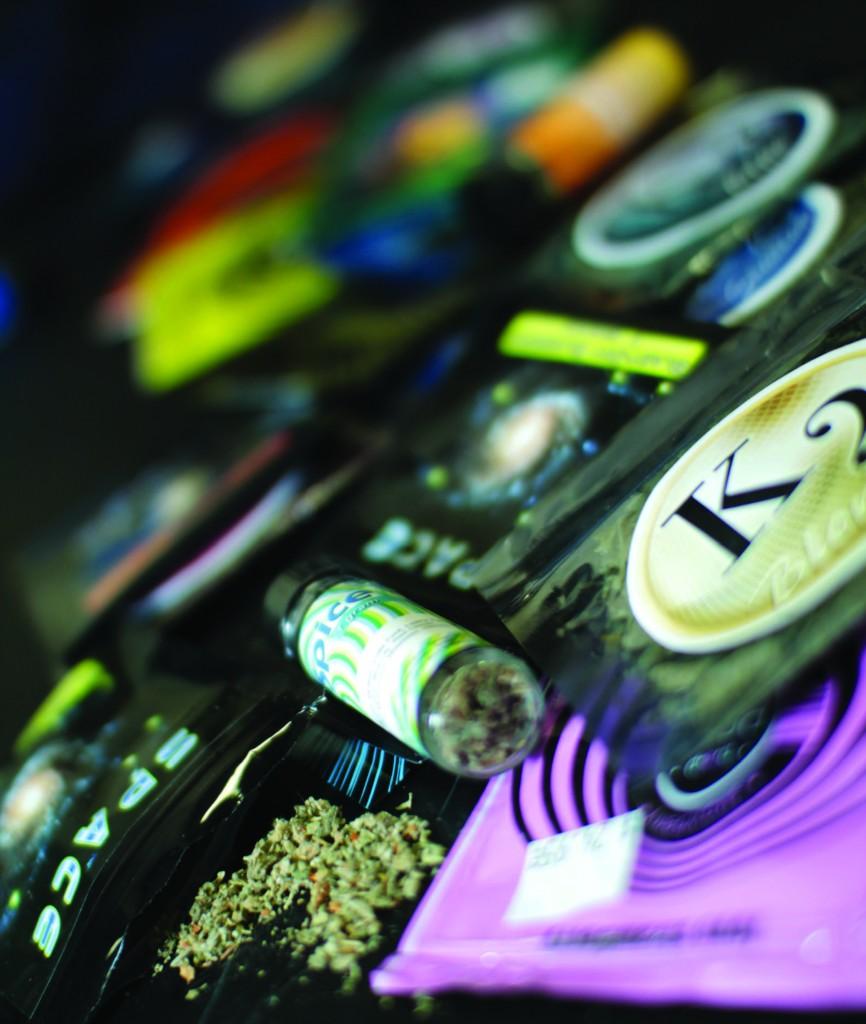By Allison Dooley/reporter
For students who struggle with math, TCC now offers a program called ALEKS, which serves as an alternative to a traditional math class.
ALEKS, which stands for Assessment and Learning in Knowledge Spaces, has been used in developmental math classes at TCC since fall 2009.
The program is computer-based and designed to help students focus on what they do not know instead of lessons they can already complete. The class consists of a 20-minute lecture. For the remainder of the class, students work at their own pace on the computer.
“There’s a lot of hands-on work done during class,” said NW math department head and instructor Annette Benbow. “With the ALEKS program, we can use time more efficiently.”
On the first day of class, students take a test based on the lessons and objectives that the class is designed to teach. Upon completion of the test, each student receives his or her own pie chart separated into various math categories.
Each category is shaded with the information that a student already correctly answered on the test.
The more shaded a section, the more the student has correctly completed and, therefore, can focus on another category. This prevents students from wasting time on subjects they already know.
For example, if one category is fractions, and the pie chart shows a student already has mastered 80 percent of the fractions subject, then the student only needs to learn the remaining 20 percent of fractions lessons during the semester.
“The pie chart is cool because it helps you see the progress you have made,” said previous ALEKS user Victoria Rivas.
The pie chart helps students realize their weaknesses and focus on what they need to learn, Benbow said. Each student’s pie chart is different based on his or her math knowledge of each category.
As a student completes assignments and objectives, the pie chart will fill up. The ultimate goal is to shade the whole pie chart by the end of the semester.
“In a regular class, you can zone out and get away with nodding your head at the right time,” Benbow said. “The ALEKS program is hands-on, and students actually have to learn it.”
Some students who have taken part in the ALEKS program have found the learning process rewarding.
“The ALEKS program actually teaches you what to do and how to do it,” said NW student Stephanie Bowsher.
ALEKS is a self-paced program, and students can pace themselves without rushing through the problems, Benbow said.
Some students may be nervous about doing the majority of math work on a computer and think that it may be hard to learn from, but Rivas disagrees.
“One thing I really liked about the class was that I found out immediately if I got a problem right or wrong. It helped me correct myself on what I was doing wrong instead of making the same mistakes over and over again,” Rivas said.
Because of a limited number of computers, it is not a program offered to everyone. But for a certain group of students who are self-motivated and enjoy working on a computer, Benbow believes it is well worth it.























